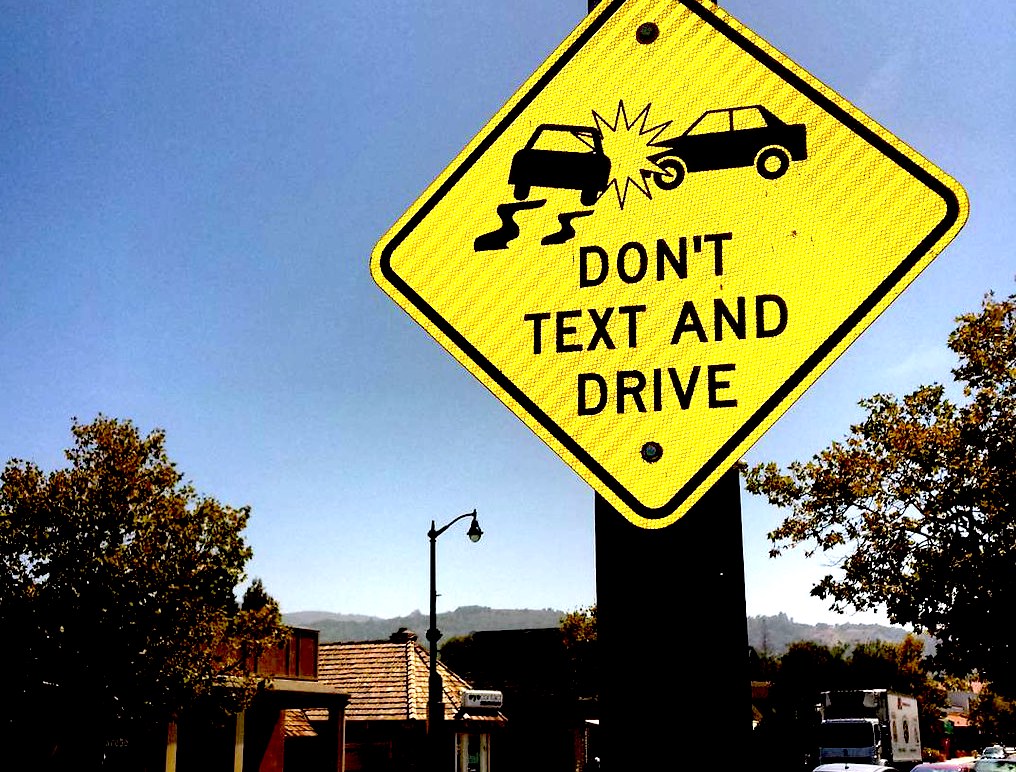Personal injuries are most often thought of as being physical in nature. Although the pain and suffering one endures physically from an accident or event can be traumatic, the emotional suffering can be just as serious, if not more so, than any bodily injuries. However, due to the psychological nature of emotional distress, it can be difficult for plaintiffs to prove in court.
In the past, damages awarded for emotional distress were greatly limited due to this fact, but over time, the law has come to be more accepting of this form of compensation, to the point that damages for emotional distress caused by a physical injury are awarded in many cases. And, in rare cases, damages are awarded even if emotional distress was the only harm that occurred.
Negligent Infliction vs. Intentional Infliction
In order to prove emotional distress in court, one must first determine which type of distress they’re suffering from.
Negligent infliction: To sue for negligent infliction, you must prove that the responsible party’s negligent behavior resulted in emotional distress. The distress must also be the result of a physical injury sustained in the accident or event.
Intentional infliction: To sue for intentional infliction, you must prove that the responsible party acted either recklessly or intentionally with extreme or outrageous behavior. Outrageous behavior is characterized as being so far beyond common decency that it is clear the responsible party acted maliciously.
Determine the Underlying Cause of Your Distress
 The severity of the circumstances that resulted in your distress can often have a large impact on the likelihood of a court ruling in your favor. For instance, sustaining injuries, both physical and emotional, from a physical assault might be easier to prove versus being injured in a minor car accident where no serious physical injuries were sustained.
The severity of the circumstances that resulted in your distress can often have a large impact on the likelihood of a court ruling in your favor. For instance, sustaining injuries, both physical and emotional, from a physical assault might be easier to prove versus being injured in a minor car accident where no serious physical injuries were sustained.
Get a Note from a Doctor or Psychologist
Medical records are often the most compelling evidence you can present. You should always provide a note from a doctor or psychologist verifying the presence of abnormal emotional distress, as well as the likely causes of your symptoms. Symptoms such as headaches, ulcers, breathing difficulties, extreme fatigue, and sleep problems can be just a few physical manifestations of mental anguish. Be sure to have them note any related bodily harm that may have resulted from the distress you are going through.
Contact a Lawyer to Review Your Case and Help You Recover Damages
After first compiling your own account of what happened, get in touch with an experienced personal injury lawyer to help you review your case and decide whether there’s a likelihood of recovering damages. Because of the difficult nature of proving emotional distress, you will need the help of an attorney to make sure your case is as strong and compelling as possible.
If you feel you have suffered emotional distress from the negligence or malicious intent of another party, contact Georgelis, Larsen & Sabatino Injury Law Firm, P.C. as soon as possible so that we can begin assessing your case. Our compassionate and experienced lawyers will help you settle your personal injury suit and recover the damages that you deserve.





